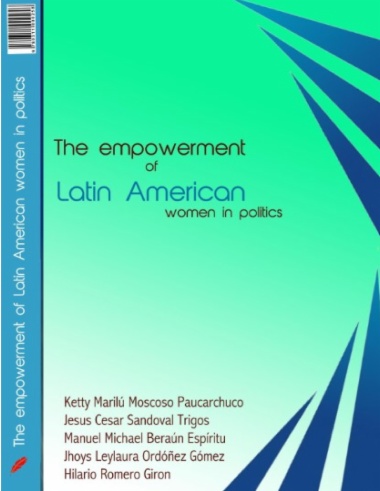

The 2010 opening of the Captain James A. Lovell Federal Health Care Center (FHCC) created a joint entity between the Department of Defense (DoD) and the Department of Veterans Affairs (VA) that replaced two separate centers in North Chicago. VA and DoD leaders envisioned a state-of-the-art facility that would deliver health care to both DoD and VA beneficiaries from northern Illinois to southern Wisconsin, providing service members and veterans seamless access to an expanded array of medical services. Unprecedented for the military and the VA, the Lovell FHCC would integrate clinical and administrative services under a single line of authority.
The DoD asked the IOM to evaluate whether the Lovell FHCC has improved health care access, quality, and cost for the DoD and the VA, compared with operating separate facilities, and to examine whether patients and health care providers are satisfied with joint VA/DoD delivery of health care.
Evaluation of the Lovell Federal Health Care Center Merger: Findings, conclusions, and Recommendations finds that initial implementation of the Lovell FHCC has provided important lessons about how to integrate VA and DoD health care services and has identified remaining obstacles that the departments could overcome to make such mergers more effective and less costly to implement. The IOM recommends that the VA and the DoD develop a comprehensive evaluation plan to objectively judge its success or failure, with measurable criteria, that would provide essential knowledge for both the Lovell FHCC and future endeavors.